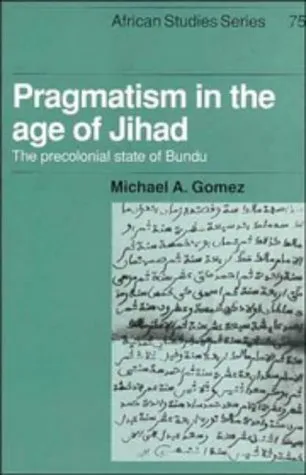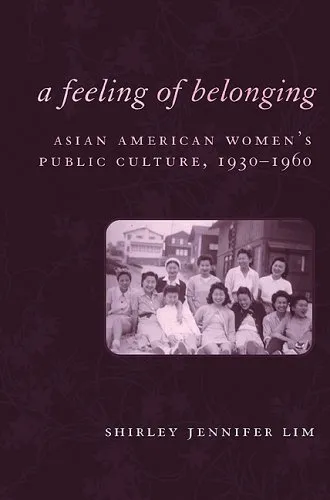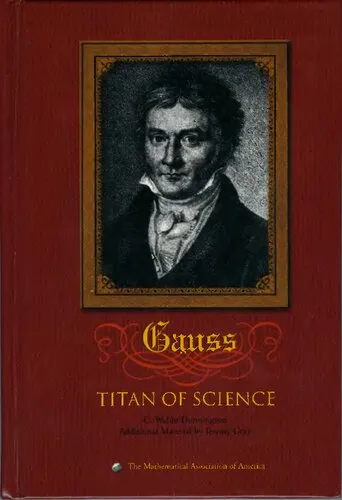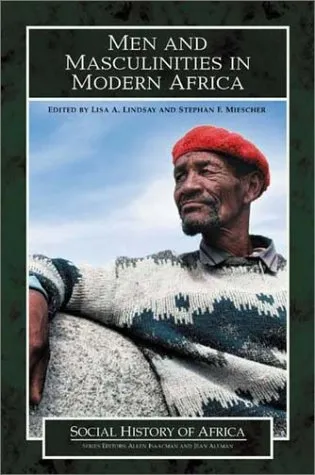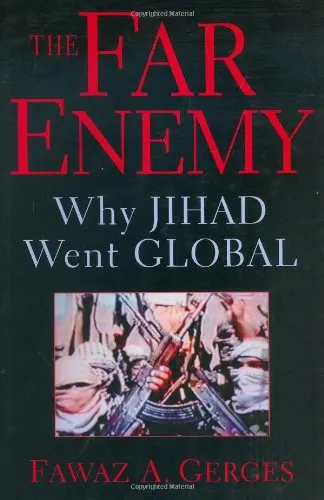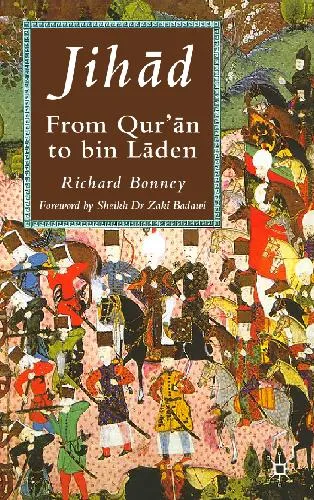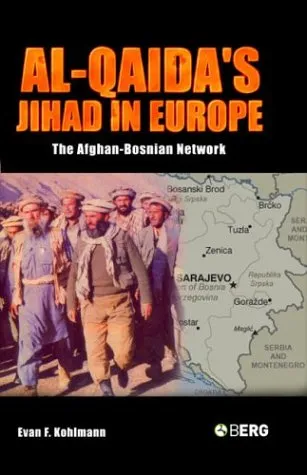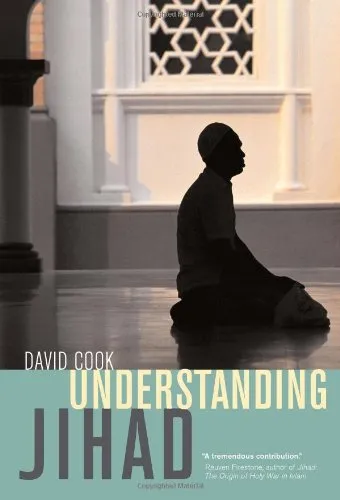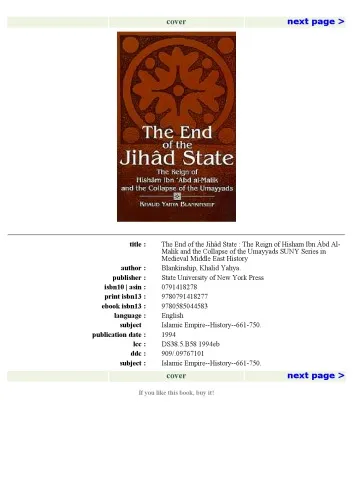Pragmatism in the Age of Jihad: The Precolonial State of Bundu (African Studies)
4.0
Reviews from our users

You Can Ask your questions from this book's AI after Login
Each download or ask from book AI costs 2 points. To earn more free points, please visit the Points Guide Page and complete some valuable actions.Related Refrences:
Introduction
"Pragmatism in the Age of Jihad: The Precolonial State of Bundu (African Studies)" is a comprehensive exploration into the socio-political and religious complexities of Bundu, a precolonial Islamic state in West Africa. Written by Michael A. Gomez, the book illuminates the pragmatic strategies employed by Bundu's leaders as they navigated the challenges of governance, spiritual leadership, and survival during the age of jihad in Africa. Set against the backdrop of a period when Islamic expansion and socio-political transformations were sweeping through the Sahel, the book offers a nuanced and incisive examination of Bundu’s rise and its subsequent evolution. Through meticulous historical analysis, Gomez brings to life a compelling narrative that challenges oversimplified perspectives of African societies during this era and showcases their adaptability and resilience.
By focusing on Bundu, a relatively understudied yet significant state, the book provides valuable insights that extend beyond the confines of regional African history. It bridges the intricate interplay of religion, politics, and economics, offering readers a deep understanding of how Bundu’s leaders balanced these forces to maintain their sovereignty amidst regional tensions and the broader currents of Islamic reform. Whether you are a historian, student, or simply someone interested in the dynamics of African precolonial societies, this book provides a fresh and thought-provoking interpretation of a complex historical period.
Detailed Summary
"Pragmatism in the Age of Jihad" delves into the history of Bundu, a state forged during the eighteenth and nineteenth centuries in what is now Senegal. As an Islamic state, Bundu played a pivotal role in shaping regional identity and politics during a time marked by the rise of jihad movements across West Africa. Gomez examines how Bundu’s rulers pursued pragmatic policies to navigate external pressures from neighboring states, internal social divisions, and the growing influence of jihadist ideologies.
The author traces Bundu’s founding by Fulani migrants and highlights its transition into a symbolic and practical center of Islamic reform. Gomez then interrogates the role of charismatic leadership, trade networks, and Bundu’s strategic geographical positioning in ensuring its survival and growth. Central to the narrative is the tension between religious ideals and political pragmatism, as Bundu’s leaders strived to maintain Islamic ethical standards while engaging in administrative compromises with surrounding powers. The book also explores the importance of trade, environmental factors, and local customs as mediators of change, offering readers a holistic lens through which to understand Bundu’s development.
Key Takeaways
- Bundu exemplified the fusion of Islamic religiosity and pragmatic political strategies in a precolonial African context.
- The state’s leaders skillfully balanced religious reform with the realities of governance, showing how ideological movements are often tempered by practicalities.
- Detailed examination of trade and economic practices illustrates the interconnectedness of African societies with broader regional economies.
- The book challenges stereotypes of precolonial African societies as static or monolithic, emphasizing their dynamism and adaptability.
Famous Quotes from the Book
"Bundu was not merely a state; it was a vision, shaped by the confluence of faith and necessity, where the ideals of jihad met the realities of survival."
"In the age of jihad, Bundu stood as a testament to how faith could guide but not dictate the pragmatics of leadership in a contested landscape."
"Pragmatism was not a betrayal of religious ideals but a reification of them in the evolving pressures of Bundu's political ecosystem."
Why This Book Matters
"Pragmatism in the Age of Jihad" provides a pioneering analysis of Bundu, a state often overlooked in scholarly discourse. It offers readers a template for understanding how African societies, far from being mere recipients of external influences, actively shaped their histories through agency and adaptation. The book breaks down prevailing misconceptions about African states during this period, demonstrating their sophistication in governance, economy, and religious life.
Additionally, the work of Michael A. Gomez situates Bundu in the context of broader historical processes such as Islamic reform movements and the trans-Saharan trade, thus making it relevant to African studies, Islamic studies, and world history. It fills critical gaps in the literature, encouraging readers to reevaluate the dominant paradigms through which African history is interpreted. Lastly, the book provides timeless lessons about how flexible leadership and the ability to adapt to changing circumstances remain key pillars of any successful state.
Free Direct Download
You Can Download this book after Login
Accessing books through legal platforms and public libraries not only supports the rights of authors and publishers but also contributes to the sustainability of reading culture. Before downloading, please take a moment to consider these options.
Find this book on other platforms:
WorldCat helps you find books in libraries worldwide.
See ratings, reviews, and discussions on Goodreads.
Find and buy rare or used books on AbeBooks.
1486
بازدید4.0
امتیاز0
نظر98%
رضایتReviews:
4.0
Based on 0 users review
Questions & Answers
Ask questions about this book or help others by answering
No questions yet. Be the first to ask!
